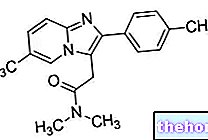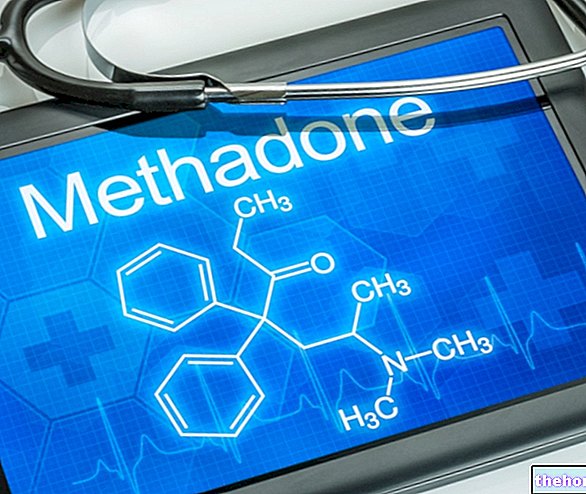Definition
"Intestinal obstruction" is defined as a pathological condition in which the passage, in the intestinal tracts, to solid, semi-liquid and gaseous materials is denied. In other words, intestinal obstruction refers to a total or partial blockage of the physiological transit of intestinal contents.
Causes
Intestinal obstruction can be related to a mechanical blockage (caused by a physical impediment: intestinal adhesions, gallstones, hernias, Crohn's disease, colorectal cancers, etc.) or functional (consequence of an arrest of the enteric musculature : excessive intake of opioids, bacterial infections, muscle relaxants, abdominal surgery, muscle diseases, Parkinson's disease). Again, intestinal obstruction is sometimes the result of a marked hydro-electrical imbalance, in turn caused by an inability to reabsorb digestive juices.
Symptoms
The most common symptoms deriving from intestinal obstruction are: abdominal cramps and pains, constipation, diarrhea, dehydration, fever, bloating, abdominal fullness, vomiting. Even if the symptoms are apparently not very serious, they should not be underestimated, since the symptoms can degenerate and cause serious disorders such as, for example, peritonitis (a consequence of necrosis and perforation of intestinal tracts), sepsis and shock.
The information on bowel obstruction - medications to treat bowel obstruction is not intended to replace the direct relationship between health professional and patient. Always consult your doctor and / or specialist before taking bowel obstruction - medications for the treatment. Bowel obstruction.
Medicines
Medical intervention is the smartest option to consider in the event of a severe intestinal obstruction; this pathology, in fact, should not be underestimated, given that - as we have seen - it can cause peritonitis and other serious complications.
The treatment of intestinal obstruction must be chosen on the basis of the cause that originated it; in any case, early diagnosis is a decisive element in preventing complications.
The treatment of intestinal obstruction requires hospitalization: generally, we proceed with the insertion of a tube through the nose, able to reach the stomach and intestine (nasogastric or nose-intestinal tube), to relieve swelling abdominal, absorb excess gastric fluids and quell vomiting.
Some patients are treated by inserting a catheter into the bladder, which is essential for draining urine; this option also allows urine to be collected and analyzed in the laboratory.
Functional intestinal obstruction - therefore caused by a blockage of the peristalsis of the enteric musculature - tends to self-resolve; in this case, the patient must still remain under close medical observation. If the condition does not improve in two days, the patient is administered drugs capable of promoting muscle contractions, useful for pushing the intestinal contents towards the exit:
- Neostigmine (eg. Prostigmine): available in ampoules (1ml) for slow intramuscular / intravenous injection or in tablets to be taken by mouth. Intestinal peristalsis can be observed after 20-30 minutes from the injection. Eventually, to facilitate the transit, it is possible to apply an enema (150-200 ml with 15-20% of glycerin) after 30 minutes from the injection.
Mechanical intestinal obstruction can sometimes also be treated with broad spectrum antibiotics (eg Tetracyclines, Cephalosporins, etc.), in order to reduce the risk of bacterial infections. The choice of an antibiotic rather than another is a matter of medical competence.
Sometimes, the patient undergoes surgery, especially when intestinal obstruction depends on mechanical causes; clearly, this last therapeutic option is extreme, and should be considered only for those patients who show signs of tissue necrosis. Surgical therapy for the treatment of intestinal obstruction consists in the removal of all the intestinal parts in necrosis.



























